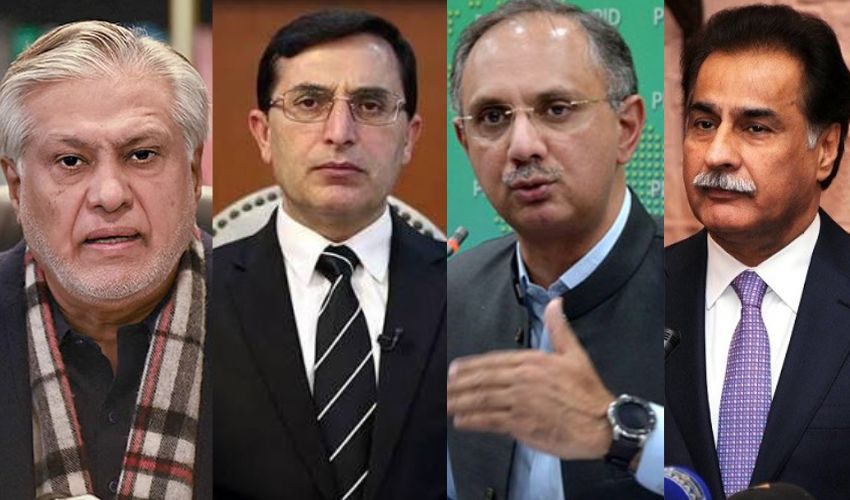Temperature in Delhi has surged to a historic 49.9 degrees Celsius (121.8 Fahrenheit), prompting warnings of severe water shortages across the vast metropolis.
The India Meteorological Department (IMD) reported these extreme heat-wave conditions on Tuesday, with the highest temperatures recorded at Narela and Mungeshpur suburbs. The temperatures were a staggering nine degrees above normal.
With forecasters predicting similar conditions on Wednesday, a red alert has been issued, advising the city’s over 30 million residents to take precautions.
In May 2022, parts of Delhi reached 49.2 degrees Celsius (120.5 Fahrenheit), according to Indian media.
While India often endures high summer temperatures, climate change research indicates that heatwaves are becoming more intense, frequent, and prolonged.
Authorities in New Delhi have also raised alarms over potential water shortages amidst the intense heat. Measures have been taken to cut water supply in some areas from twice to once daily to conserve resources, as reported by Water Minister Atishi Marlena.
"To address the problem of water scarcity, we have reduced water supply from twice a day to once a day in many areas. The saved water will be rationed and supplied to water-deficient areas where supply lasts only 15 to 20 minutes a day," Atishi stated.
The IMD highlighted the health risks of the heatwave, particularly for vulnerable groups such as infants, the elderly, and those with chronic illnesses.
The extreme temperatures are attributed to hot winds from Rajasthan, which recorded the country’s highest temperature on Tuesday at 50.5 degrees Celsius. Rajasthan's Phalodi holds the national record of 51 degrees Celsius, set in 2016.
Meanwhile, parts of West Bengal and Mizoram have been battered by Cyclone Remal, bringing heavy rains and winds, and causing over 38 fatalities since Sunday. Bangladesh's Meteorological Department described the cyclone as one of the longest-lasting in its history, attributing its severity to climate change.



























